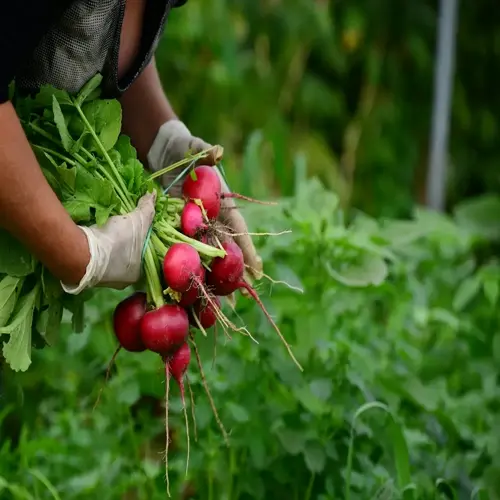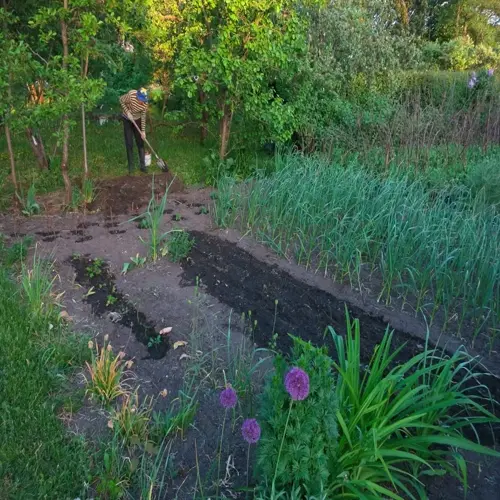How often should I water basil?

Written by
Nguyen Minh
Reviewed by
Prof. Charles Hartman, Ph.D.Correct basil watering provides the same careful balance between moisture and root health. Basil can oppose drought stress and saturated conditions equally. Steady humidity is essential for maintaining the oil required for its characteristic flavor. Unsteady moisture causes leaf drop and bitterness.
Before each watering, check your soil moisture. Stick your finger in the soil to your first knuckle. Water whenever the top inch feels dry. Checking with the finger test is a great way to avoid overwatering. Container plants require a more frequent check compared to garden beds. Container soil has a smaller footprint, which dries out faster.
Container Watering
- Use pots with drainage holes to prevent root rot
- Water until liquid flows from bottom drainage holes
- Empty saucers after 30 minutes to avoid reabsorption
Heat Wave Adjustments
- Water early morning before temperatures exceed 80°F
- Apply temporary shade cloth during peak afternoon heat
- Use drip irrigation for consistent moisture delivery
Seasonal Changes
- Spring: water every 3-4 days as plants establish
- Summer: increase to daily during fruiting stage
- Fall: reduce frequency as growth slows before frost
Water the base of the soil, not the leaves. Wet leaves can promote fungal diseases, and watering in the morning will allow sufficient time for them to dry before night. Watering in the evening can encourage the growth of mildew, especially in humid areas. Drip systems can provide the perfect constant moisture.
Identifying signs of underwatering promptly is crucial. Wilting is most commonly seen first in new growth. The leaves kink and curl upward and then turn crispy. With overwatering, the lower leaves are yellow. The roots struggle to absorb oxygen, which can lead to their death. When you notice the first symptom, adjust your schedule.
Read the full article: When to Plant Basil for Best Results

